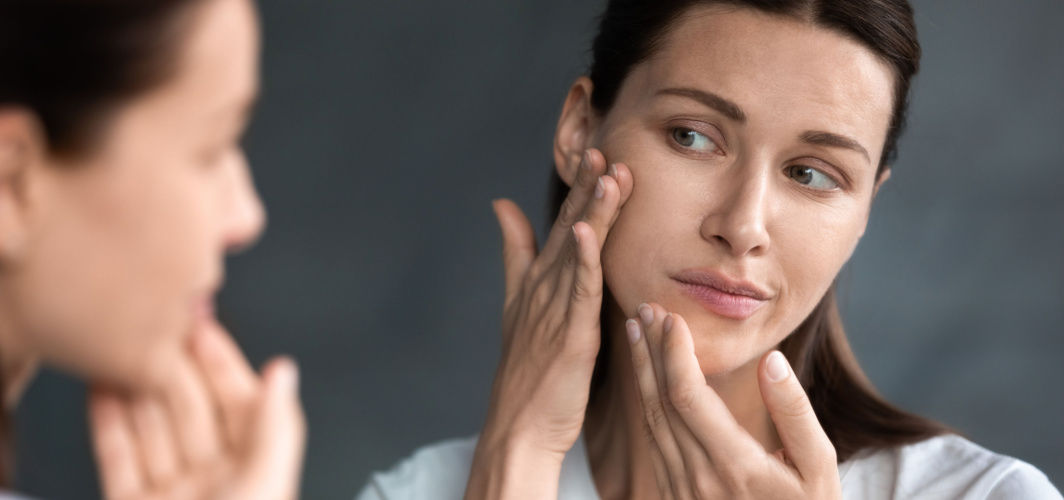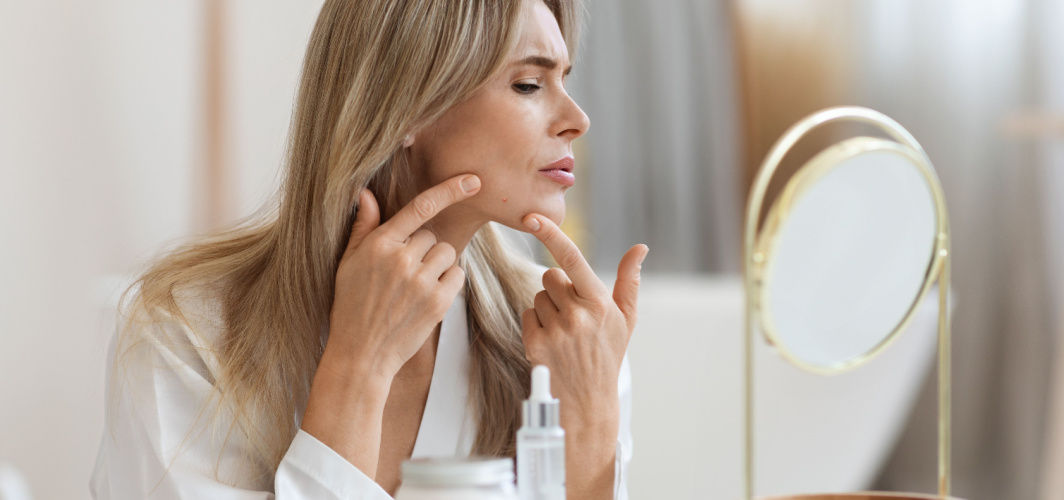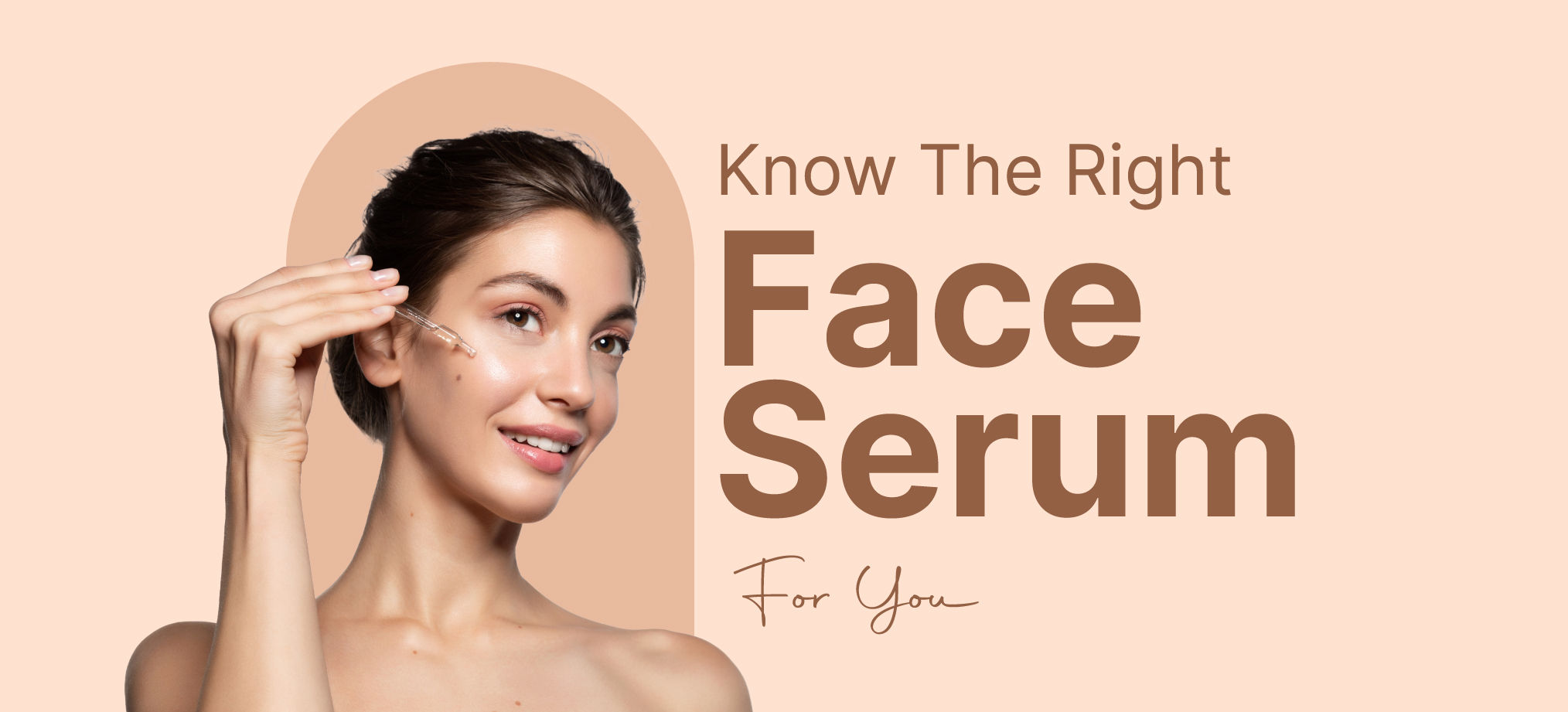Skin Care
Worried About Premature Ageing of the Skin? Here’s What to Avoid!
3 min read
By Apollo 24|7, Published on - 31 October 2022, Updated on - 08 May 2023
Share this article
0
2 likes

Who doesn't wish to stay fit and youthful forever? But, the harsh reality is that your body and appearance inevitably change over time as you age. One of the first and most noticeable signs of ageing is the appearance of wrinkles and age spots on your skin. While ageing of the skin in old age is natural, premature ageing can be a cause for concern. Read on to find out the causes of premature ageing.
Top Causes of Premature Ageing of the Skin
There are several lifestyle, environmental, and behavioural factors that can cause premature ageing of your skin. The biggest of these factors include:
1. Prolonged Exposure to Sunlight
Prolonged exposure to sunlight allows ultraviolet (UV) light to penetrate your skin, making it age quicker than it would age naturally. This is called photo-ageing, which can cause around 90% of visible changes in your skin. Constant exposure to UV light breaks down elastin and collagen, causing the skin to sag, wrinkle, and stretch. It also increases melanin production, resulting in dark spots. Moreover, sun exposure also increases the risk of developing skin cancer.
2. Smoking
Toxins in nicotine adversely affect the body's cells and expose your skin to oxidative stress. These toxins cause the breakdown of elastin and collagen fibres in your skin, resulting in wrinkles, dryness, and sagging. Smoking also harms the blood vessels that carry oxygen to your skin cells. The lack of oxygen makes your skin more prone to premature ageing.
3. Unhealthy Diet
Studies indicate that those who partake in a diet loaded with refined carbs or sugar are more susceptible to premature ageing. People with a higher body mass index or suffering from obesity experience more inflammation and oxidative stress than others, which makes their skin age faster than naturally.
4. Excessive Drinking
Excessive consumption of alcohol dehydrates your skin, resulting in signs of premature ageing like sagging and loss of shape. Moreover, it affects the release of natural skin oil, which is essential for keeping your skin lubricated and moist.
5. Not Getting Enough Sleep
When you sleep, your body gets the opportunity to regenerate your cells. According to several studies, not getting enough sleep or sleeping restlessly makes your cells age faster and diminishes skin barrier function.
6. Stress
Whenever you are stressed, your body produces a stress hormone called cortisol. This hormone blocks collagen and hyaluronan synthase, both of which are responsible for making your skin appear vibrant and plump. Leading a stressful life can also disrupt your sleep cycle and trigger an inflammatory response, making your body age faster.
7. Environmental Pollution
Your skin is consistently in direct contact with the surrounding air, exposing it to the pollutants and toxins present in your environment. The environmental pollutants can worsen or trigger wrinkles and pigment spots, making your skin age much faster than it would age naturally.
8. Certain Medications
Those who take oral corticosteroids or apply them topically for arthritis, asthma, or other conditions can experience decreased elastin and collagen. This can make the skin thinner and blood vessels more at risk of rupturing, resulting in broken capillaries. On the other hand, certain ACE inhibitors, diuretics, anti-seizure medications, and antibiotics can lead to photosensitivity, making the skin more sensitive to sun damage including premature pigmentation changes and wrinkles.
Ageing is natural and you can do nothing to stop your skin from ageing. However, adopting healthy lifestyle habits, like getting enough sleep, taking a well-balanced diet, and leading a stress-free lifestyle, can prove to be very helpful in slowing down the signs of ageing. If you wish to get expert advice,
Consult An Apollo Dermatologist
Medically reviewed by Dr Sonia Bhatt.
Skin Care
Leave Comment
Recommended for you

Skin Care
Hormonal Acne: Definition, Causes, Symptoms, Treatments & Prevention
Discover all about hormonal acne, from its definition and causes to symptoms, treatments, and prevention strategies. Your guide to clearer skin.

Skin Care
Pemphigus Vulgaris: Warning Signs, Symptoms, Causes, Diagnosis, & Treatments
Pemphigus Vulgaris: Learn about warning signs, symptoms, causes, diagnosis, and treatment options for this autoimmune skin disorder.

Skin Care
Which Face Serum To Choose? Know The Ingredients & Their Health Benefits
Face serums are concentrated formulas with antioxidants, vitamins and other active ingredients that are designed to penetrate deep into the skin and repair the damage. Know the ingredients to understand which face serum will suit your purpose.
Subscribe
Sign up for our free Health Library Daily Newsletter
Get doctor-approved health tips, news, and more.
Recommended for you

Skin Care
Hormonal Acne: Definition, Causes, Symptoms, Treatments & Prevention
Discover all about hormonal acne, from its definition and causes to symptoms, treatments, and prevention strategies. Your guide to clearer skin.

Skin Care
Pemphigus Vulgaris: Warning Signs, Symptoms, Causes, Diagnosis, & Treatments
Pemphigus Vulgaris: Learn about warning signs, symptoms, causes, diagnosis, and treatment options for this autoimmune skin disorder.

Skin Care
Which Face Serum To Choose? Know The Ingredients & Their Health Benefits
Face serums are concentrated formulas with antioxidants, vitamins and other active ingredients that are designed to penetrate deep into the skin and repair the damage. Know the ingredients to understand which face serum will suit your purpose.